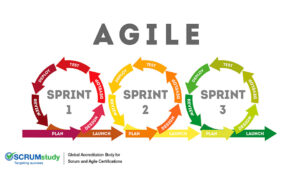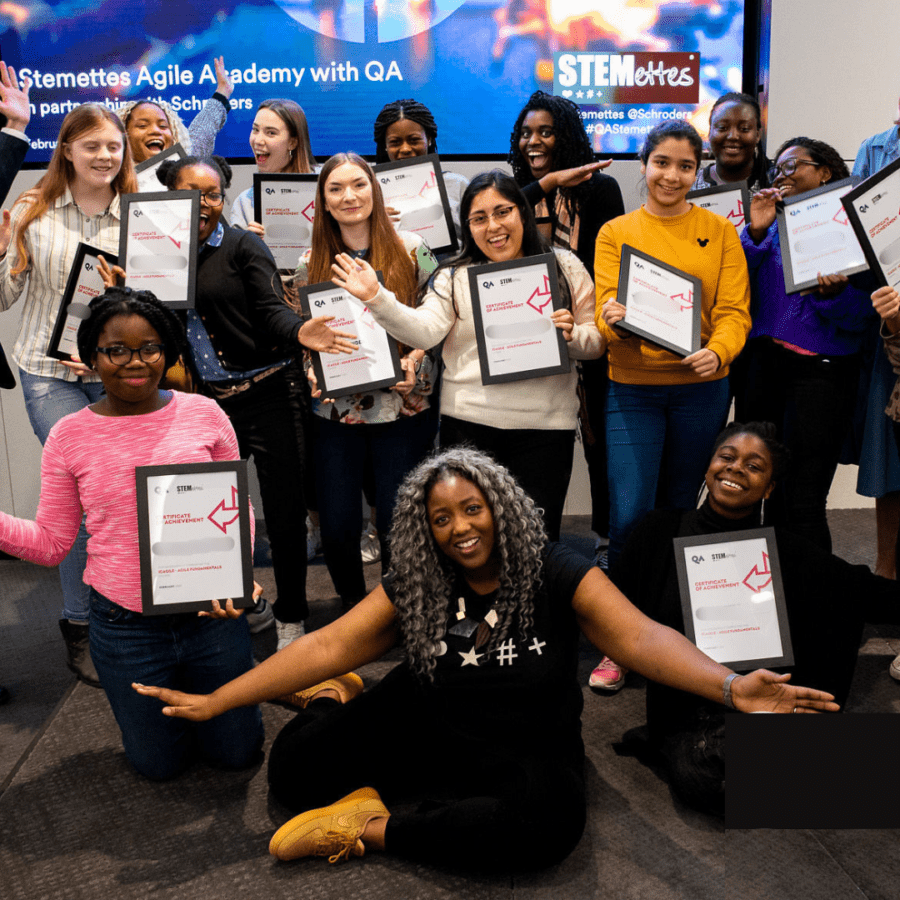These include respect, collaboration, improvement and learning cycles, pride in ownership, focus on delivering value, and the ability to adapt to change. This mindset is necessary to cultivate high-performing teams, which in turn deliver amazing value for their customers.
A scrum master is a facilitator for an agile development team. Scrum is a methodology that allows a team to self-organise and make changes quickly, following agile principles. The scrum master manages the process for how information is exchanged.

Futurist Heather McGowan identified 4 key aspects of the Agile mindset…
- Agency – Moving away from being defined and limited by our job titles, and instead, defining ourselves by our purpose and the value we create.
- Adaptability – As technology makes it possible to automate more tasks, work is increasingly being broken into parts that can be done anywhere in the world.
- Learning Agility – Learning agility is the ability to learn, unlearn, and relearn, while understanding how you learn and how you contribute that learning to a team.
- Awareness – There is a 50% rise in collaborative work in companies, McGowan said. Given that, you’ll need to be self-aware to know such things as how you play on a team, she said. “What are your strengths? What are you good at? What should you seek out in somebody else who you’re working with?”
Learning Cycle
Allowing individuals to try something new, and yes, possibly fail, allows the staff to learn and improve themselves. Individuals should not be dinged for mistakes, but rather supported for taking risks and increasing the group’s knowledge.
Ability to Adapt to Change
If the customer calls two hours after a meeting and wants changes, the organisation rolls with it. Any process to manage this change can’t impede the change.






